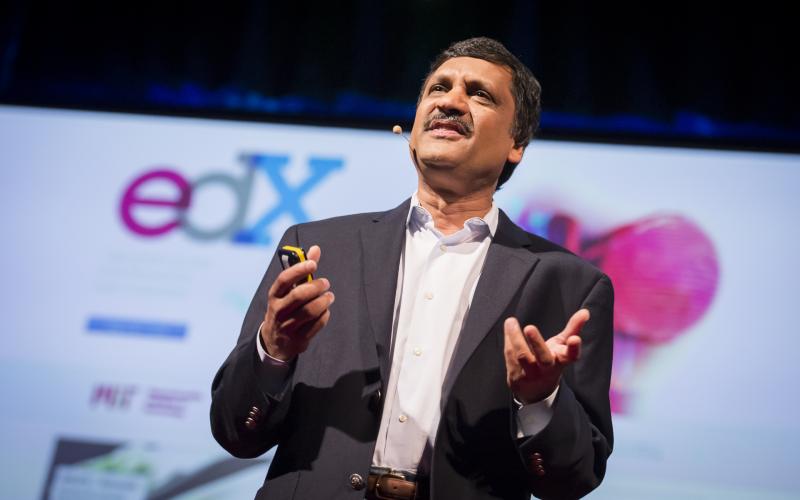technology

A new MIT-Harvard study released Wednesday finds nearly 40 percent of learners who take open online courses are teachers. That finding has researchers wondering whether they can better design online courses once predicted to upend students' experience to meet teachers' needs.
Last year, WGBH's On Campus reported that despite low completion rates researchers at MIT and Harvard insist that online courses still have value:

It's not very often the Queen of Jordan comes to Boston, but she was here last month to announce a new education partnership with Harvard and MIT's non-profit online learning initiative, edX.
The goal is develop a new platform called Edraak, which is designed to bring online courses to Arabic-speaking students.

America’s universities are still held in high regard, but doubts persist about the system’s ability to prepare students for success in today’s fast-changing, knowledge-based economy.
The number of college graduates is climbing but too slowly to meet the country's economic needs, according to economists. That's why some innovators want to fundamentally change the way institutes of higher learning award college credit.

Economists at the Massachusetts Institute of Technology laid out Friday the kind of manufacturing production they believe the United States will need to support an innovation economy.
While the economy is slowly recovering from the financial crisis, unemployment still remains high and many Americans’ incomes are stagnant. In poll after poll, companies have said the problem stems from a shortage of skills in the workforce: employers say they can’t find and hire people with the right capabilities.













